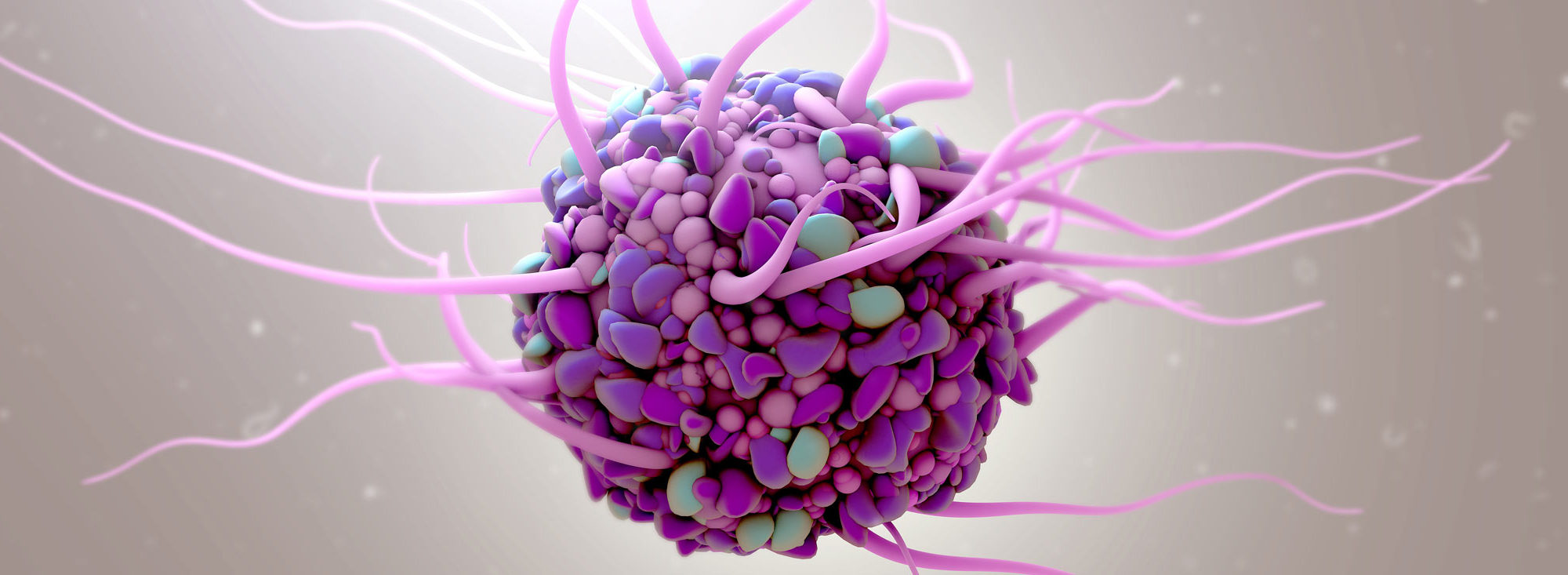Antigen presenting cells (APCs) of the immune system, such as dendritic cells, can stimulate naïve CD8+ effector T cells to identify and destroy tumors. Given this tremendous anti-tumor potential, there is great interest in harnessing the power of APCs for cancer immunotherapy. APC-based cancer therapies are considered vaccines in that they provoke the patient’s immune system to kill the tumor. However, efforts to develop APC-based cancer vaccines have produced limited success, partially due to suppression of APC function by the tumor environment. A research team at Baylor Scott & White Research Institute (BSWRI) examined a strategy to overcome these challenges by designing cancer vaccines from artificial APCs (aAPCs).
aAPCs use a biocompatible substrate, often a bead, to present antigens for T-cell stimulation. In normal APCs, class I major histocompatibility proteins (MHC-Is) are expressed on the cell surface. These MHCs serve as adaptors to display peptide fragments and help “train” T cells to recognize the displayed peptides. When the peptide-MHC-I complexes contain peptides from tumor cell surface proteins, the CD8+ effector subset of T cells can then learn to find and destroy the tumor cells. For aAPCs, the entire peptide-MHC-I complex is tethered to the surface of the bead. Current approaches to generating aAPCs require the researchers to identify tumor surface proteins, clone them, and purify the peptides for display to the T cells. However, this process is time-consuming and resource-intensive.
The December 2019 issue of Scientific Reports published early findings from work done through BSWRI exploring a possible new one-step approach for generating aAPC-based cancer vaccines. The research team’s strategy was to purify peptide-MHC-I complexes directly from the tumor cells, thereby eliminating the need for the cumbersome process of creating the purified peptide for MHC-I display. They first demonstrated the ability of their aAPC system to stimulate CD8+ effector T cells using a known peptide MHC-I complex. These stimulated T cells were then able to kill tumor cells in vitro. In a mouse tumor model, the stimulated T cells also reduced the tumor volume and improved survival. Next, the research team showed that they could isolate tumors from mice and capture the tumor MHC-I complexes onto their antibody-coated aAPC beads. These tumor-derived aAPCs were then able to stimulate T cells derived from those tumor-bearing mice. This proof-of-principle study indicates that it is possible to produce functional anti-tumor aAPCs without prior knowledge of the peptides expressed on the tumor.
Key strengths of this one-step aAPC approach include its potential for efficient, cost-effective and consistent generation of patient-specific cancer vaccines. Also, this approach has the potential to overcome problems associated with current aAPC strategies, only display one peptide. For tumors with high heterogeneity, aAPCs displaying a single peptide may not generate a T cell response against the whole tumor. The diverse array of peptide-MHC-I complexes captured in the current approach is anticipated to have more robust anti-tumor potential. Noted limitations include the potential for the artificial APCs to generate autoimmune responses and the need to adapt the antibody-based bead capture system for human tumor cells.
Although the current study focuses on the use of artificial APCs for cancer vaccines, this technology could also be adapted to target autoimmune diseases, allergies, and infectious diseases.
The researchers stated that the concept could have a profound impact on the field of cancer vaccines; however, they also note that more research will be needed to optimize the artificial APC design prior to human trials.



